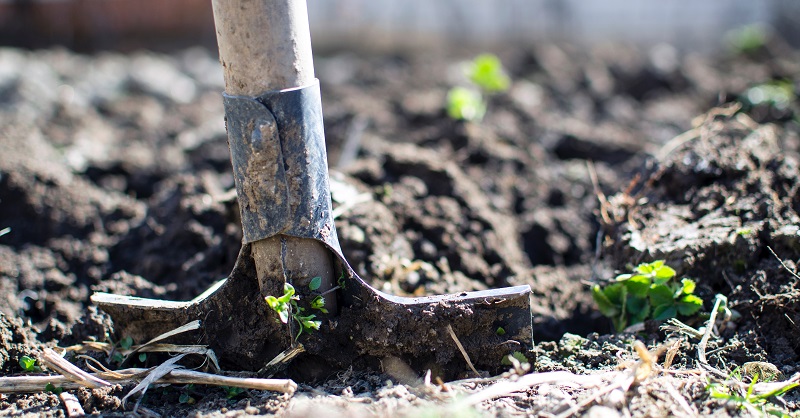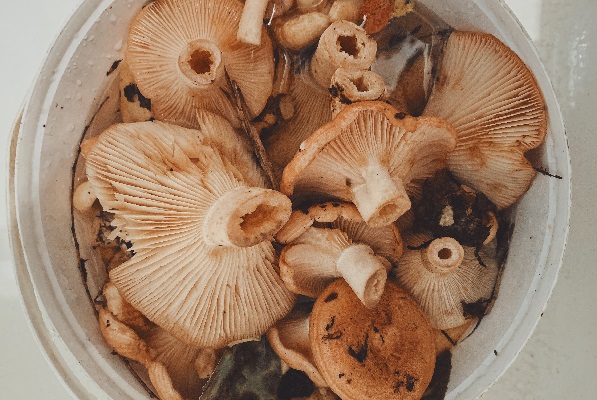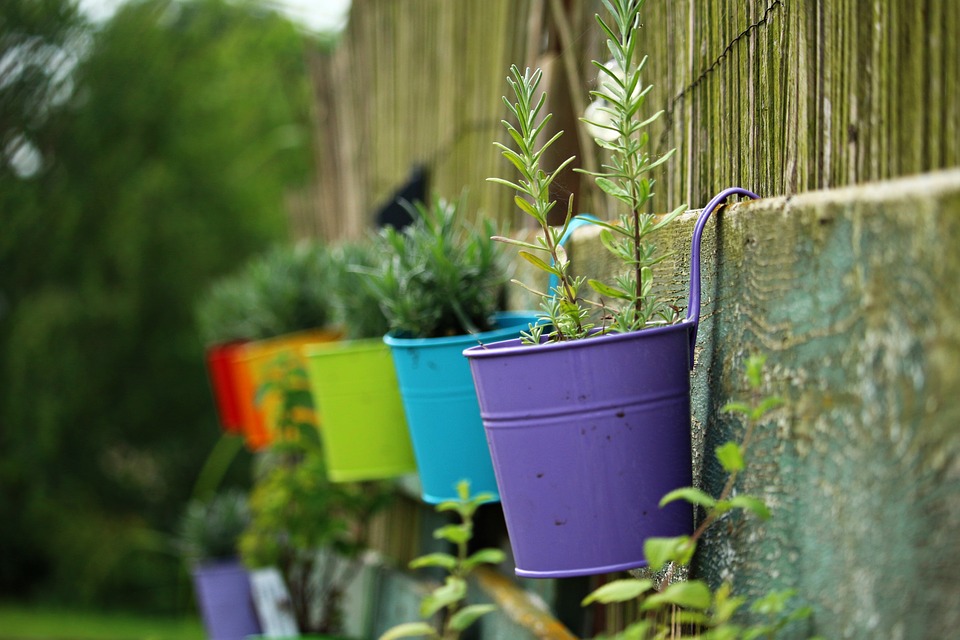What to do with used coffee grounds – 7 handy uses
Many of us throw used coffee grounds in the general waste and assume the environmental impact is low because coffee is biodegradable. But while in landfill, used coffee grounds emit methane – a greenhouse gas 34 times stronger than carbon dioxide.
Keeping used coffee grounds out of the general waste, where they would be landfilled or incinerated, is the greenest way to dispose of them. It’s probably easier than you think too, as there are lots of clever and surprising uses for used coffee grounds, many of them easy to do at home.
Take a look at these 7 ideas below to see if you can put any to use…

1. Compost your coffee grounds
This is perhaps the easiest way to avoid putting your coffee grounds in the general waste bin. Used coffee grounds are great for compost as they add nitrogen that helps organic materials break down into mulch and, eventually, nutrient-rich fertilizer.
If you don’t already have a kitchen compost bin, you can create one simply by disposing of all your organic kitchen waste (fruits, vegetables, egg shells etc.) in one container. Make sure you have a lid and empty it outdoors regularly to stave off fruit flies.
If you don’t have your own garden to store or use the compost on, why not see if any friends, family, neighbours or the local allotments will take it off your hands?
You can find more useful information on composting in this BBC guide.

2. Use grounds as raw fertilizer – and feed the worms
If you’re lucky enough to have your own garden, outdoor planters, veg patch or allotment (or you know someone who does) you can add used coffee grounds straight into the soil as fertilizer.
This article on Growveg.co.uk explains that ‘coffee grounds contain a good amount of the essential nutrient nitrogen as well as some potassium and phosphorus, plus other micronutrients,’ making them a great slow-release fertiliser. The grounds also attract earthworms and other microorganisms beneficial to nutrient-rich soil.
When you’re using coffee grounds as fertilizer you should spread them thinly onto your soil and lightly dig them through, rather than dumping them in a heap. The texture of the grounds improves drainage and helps with water retention and aeration.

3. Grow gourmet mushrooms in your old coffee
It’s possible to grow mushrooms with used coffee grounds by mixing them with straw and spores and cultivating them in sealed bags. The bags are first incubated in the dark at 20-24°c for 2-3 weeks, before holes are added and the bags are placed in autumn conditions. Mushrooms can be harvested a couple of weeks later! (Find more information at Grocycle.com)
The useful thing about using coffee grounds rather than other organic materials is that they’ve already been sterilised during the coffee brewing process. Normally, the straw or sawdust needs to be pasteurised using hot water or steam, but using coffee grounds cuts this step out the process.
4. Coffee grounds as fuel
You can buy fuel for open fires and wood burners made from compacted coffee grounds and there are even tutorials for making your own fuel pellets from grounds at home.
Bio-bean is one of the leading companies behind the movement to turn used coffee grounds into clean biofuel that can be used for sustainable energy production. This could provide a vital new source of clean energy in the future, as well as finding a way to use the 500,000 tonnes of waste coffee grounds the UK produces per year.
Did you know your used ground coffee waste can be used to heat your home this winter? With our partners @biobean making coffee logs by using ground coffee waste collected by ourselves in Manchester, they are reducing our need to rely on raw materials. pic.twitter.com/fKr7a3RS4B
— Coffee Recycling Co. (@CoffeeRecycling) November 11, 2019
5.Touch up furniture scratches
Because of the natural dye in coffee and the mildly abrasive texture of the grounds, they can be used to soften the appearance of surface scratches on wooden furniture. Mix your used coffee grounds with a small amount of olive oil and then use a small corner of cloth or cotton wool to rub lightly over the scratch. Wipe clean 5-10 minutes after and then repeat if necessary.
6. Used coffee grounds can absorb strong odours
Coffee grounds are extremely absorbent, which is why fresh coffee grounds can spoil if left unsealed in your fridge. But these absorbent properties work the other way too, meaning you can use them to absorb unwanted odours. Placing an open jar of dried, used coffee grounds in your fridge can keep smells at bay.

7. Use your old grounds to deter snails, slug and cats from the garden
The grainy texture of coffee grounds can deter slugs and snails from getting to your flowers and plants, making them excellent organic pesticides. Equally, cats don’t like the strong smell of coffee grounds and sprinkling them around your garden or driveway can stop them from spraying, providing a kind, chemical-free way of deterring them.
We’re on Twitter, Facebook, LinkedIn and Instagram, or you can get in touch with us at hello@thebarista.co.uk or 0845 257 5900.
6 December 2019 - The Barista
